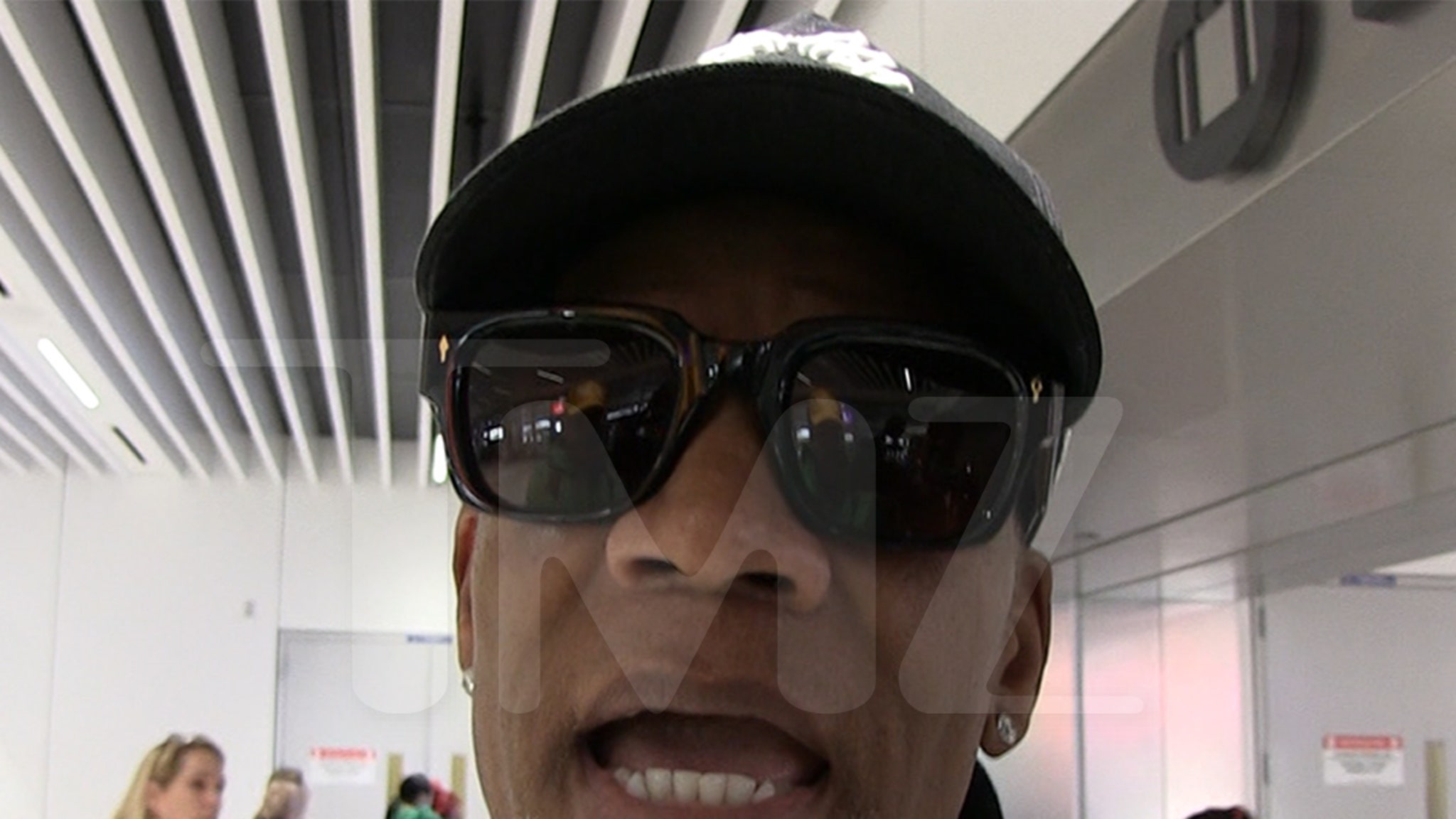Products You May Like
D.L. Hughley hasn’t shied away from sharing his thoughts on former President Donald Trump, especially following Trump’s recent campaign stop at a McDonald’s. The comedian caught the attention of TMZ during an airport encounter at LAX on a Tuesday, where he expressed his skepticism regarding Trump’s recent antics at the fast-food chain.
Hughley made it clear that he believes Trump’s attempt to connect with the working-class by inquiring about McDonald’s secret sauce was nothing but a publicity stunt. He pointed out that such gestures seemed hollow and questioned Trump’s genuine concern for everyday Americans. Hughley expressed his discontent and emphasized that Trump’s priorities may not truly align with the struggles of the working class.
To illustrate his point, Hughley reflected on his own history with fast-food employment, recalling the meager $2.65 hourly wage he was paid back in 1978 while working at McDonald’s. This personal connection serves to underscore his arguments about the stagnant wages faced by workers over decades. He noted with disbelief that after 46 years, the minimum wage has only increased by a mere $5, highlighting systemic issues within the American labor market.
With his signature humor and biting sarcasm, Hughley unleashed some harsh critiques aimed at Trump, encouraging listeners to consider the implications of his statements and actions on those economically disadvantaged. The comedian’s candid remarks reveal not only his frustration with political faux pas but also a desire for genuine advocacy for those struggling to make ends meet.
The conversation didn’t stop there; Hughley also shared his political views, arguing that Vice President Kamala Harris would be the most suitable candidate to lead the country. His endorsement comes at a crucial time, as the political landscape approaches a new election cycle, and voters seek candidates who can genuinely represent their interests.
Hughley’s commentary is part of a broader dialogue about wealth inequality, the political establishment, and the importance of true representation in leadership roles. Through humor infused with serious insights, he encourages a critical examination of who is considered fit to lead and how their experiences shape their policies.
In sum, D.L. Hughley’s perspective reflects a blend of personal experience and pointed social commentary, making a strong case for not just advocacy for the working class, but also a renewed focus on political sincerity. As the political air thickens with the upcoming elections, Hughley’s voice joins the chorus calling for authentic engagement with the democratic process.
